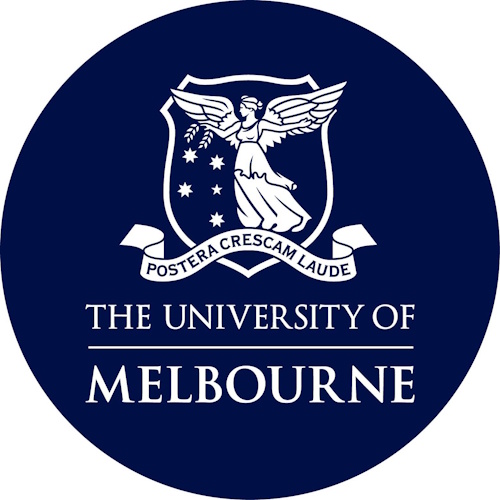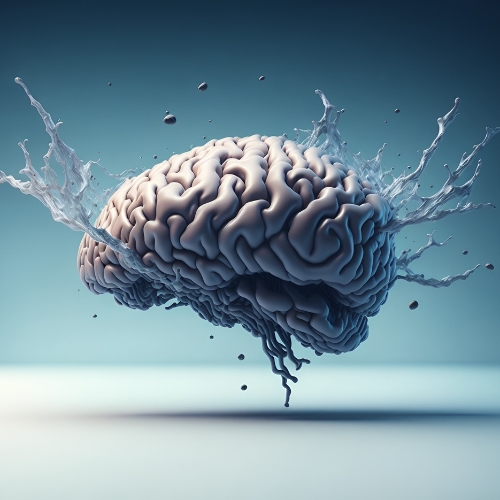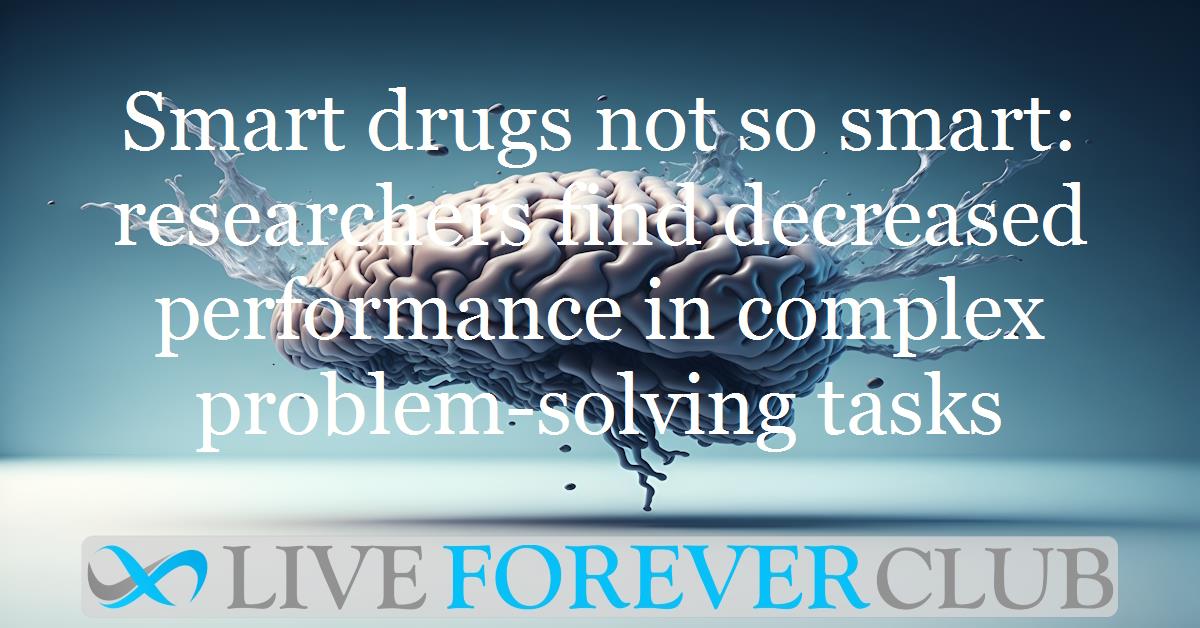Key points from article :
People taking ADHD or sleep disorder drugs, without having these conditions, perform worse on complex problem-solving tasks.
The stimulants tested include methylphenidate (Ritalin) and dextroamphetamine, usually prescribed to improve concentration in ADHD patients, and modafinil, used for excessive fatigue in narcolepsy. All raise brain dopamine levels.
Usage of these drugs by healthy individuals, referred to as "smart drugs," has increased in academic and professional environments, especially in the US.
Earlier studies found that when people without ADHD take these drugs, they perform similarly to those taking placebos in simple memory and concentration tasks, indicating possible placebo effects.
The recent study tested real-world problem-solving skills using an online task called the knapsack problem, with participants trying out different item combinations to reach a maximum value within a weight limit.
Participants tested four times over weekly intervals, taking one of the three drugs or a placebo each time.
Although participants tried more options and spent more time on the task while on the drugs, their overall performance was poorer compared to the placebo.
Research by University of Melbourne and University of Cambridge published in Science Advances







